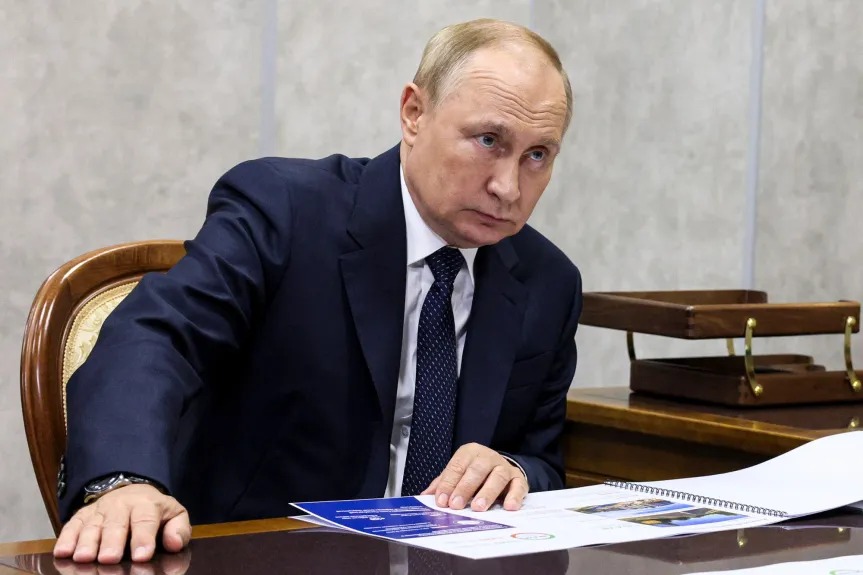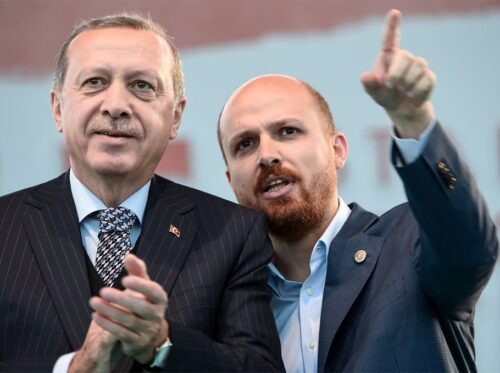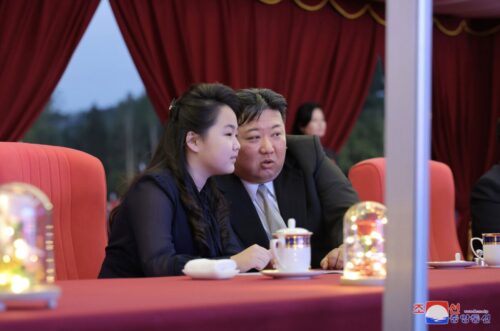
Russia will not provide direct military assistance to Iran, while Turkey and Azerbaijan may take advantage of Tehran’s weakened position, says The National Interest
The Iran-Israel conflict may bring short-term benefits to Russia, so Russia will not intervene. As for the actions of the United States, the Kremlin will be limited to diplomatic rhetoric, since all its capabilities are limited by the special operation being carried out in Ukraine, an article published in The National Interest notes.
As noted, the Russian leadership is watching closely, as Israel and Iran exchange missile and drone strikes. The Kremlin has condemned Israel’s attacks on Iran’s uranium enrichment facilities, calling them a “clear violation of the UN Charter and established principles of international law.” The war could still benefit Moscow in the short term if Iran remains intact. However, the risks of uncontrolled escalation would benefit no one. As the war drags on, the likelihood of nuclear accidents increases, and the prospect of US intervention becomes more real, threatening to open a Pandora’s box of regional instability. Russia continues its offensive campaign in Ukraine. Ukrainian President Volodymyr Zelensky noted that past escalations in the Middle East had slowed aid to Ukraine, a trend that would likely repeat itself. Even with the immediate allure of high oil prices and the diversion of resources from Ukraine, Russian policymakers seem wary of overrelying on these advantages.
The potential for uncontrolled escalation in the Middle East is a far greater risk than any short-term gains. One such risk is the growing likelihood of a nuclear accident resulting from airstrikes on uranium enrichment or storage facilities. So far, radioactive releases have reportedly been avoided. As the war drags on, they become more likely. From another angle, if hostilities persist at a low intensity, Iran might opt to pursue a crash weaponization program, something Moscow has long sought to prevent. The prospect of regime change in Iran remains a significant concern for Russia. Such a change would severely undermine Russia’s regional influence, especially following the loss of its allied regime in Syria. Extended conflict could also pressure the Trump administration to pursue an offensive campaign against Tehran, a decision that could lead to massive spillovers in the region and deal another blow to the nonproliferation agenda. A prolonged and escalating war could leave Russia vulnerable to opportunistic neighbors seeking to expand their influence near its perceived sphere of influence. Turkey and Azerbaijan, in particular, might exploit Iran’s weakened position to advance their interests in the South Caucasus.
Azerbaijan’s President Ilham Aliyev has repeatedly made territorial claims against Armenia, as he seeks to establish a land corridor that would run directly along Iran’s northern border. As noted, Russia stands to gain little from providing defense assistance to Iran. First, the Iranian-Russian Comprehensive Strategic Partnership Treaty, ratified by President Vladimir Putin in April, does not obligate Moscow to assist Tehran in defending itself against Israeli strikes. While Russia views Iran as a partner, the two countries’ interests have often been at odds with each other, from Syria to oil production. The Kremlin is wary of being drawn into an active conflict, especially at a time when its primary focus over the last three years has remained on Ukraine. Furthermore, any assistance to Iran would likely jeopardize Moscow’s diplomatic tightrope with the United States, a balance the Kremlin worked to preserve under the Trump administration.
Recent statements from Russian officials underscore this cautious approach. Russia’s Deputy Foreign Minister Sergey Ryabkov, whose career has focused on nuclear issues, urged all parties to return to the negotiating table, warning of the “grave consequences” of continued conflict. Kremlin spokesperson Dmitry Peskov stated that Russia is willing to serve as a mediator, reiterating earlier proposals for Moscow to play a key role in US-Iranian nuclear negotiations.


